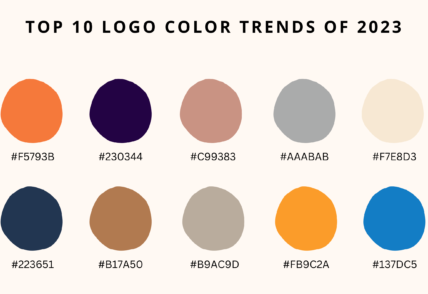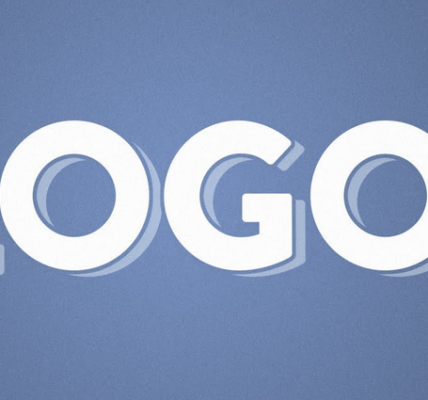Mascot logos are more than just fun and friendly characters; they have the power to bring brands to life, create emotional connections, and leave indelible impressions on audiences. Yet, not every brand needs a mascot. In this comprehensive guide, we will delve into the world of mascot logos, exploring when and why to use them, and how they can become the animated face of your brand

Understanding Mascot Logos
Mascot logos are distinctive visual representations of a brand, often in the form of a character, animal, or person. They serve as brand ambassadors, adding a unique personality and charm to the visual identity. Understanding the role of a mascot logo is essential to determine when it’s the right choice for your brand.
For example, the Michelin Man, with his rotund figure made of tires, embodies the safety and reliability of the Michelin brand. Mascot logos humanize the brand, making it approachable and relatable to the audience. They often have distinct traits and characteristics that reflect the brand’s identity and values.
Brand Personification
One of the primary reasons to use a mascot logo is to personify your brand. Mascots become the animated face of your business, allowing customers to connect with your brand on a personal level. This connection can be especially effective for brands that want to convey a friendly, approachable, or relatable image.
Take the Geico gecko, for instance. The charming lizard brings a touch of humor and warmth to an otherwise complex industry. The gecko is easy to relate to and memorable, creating a personal bond between the brand and its customers. When your brand seeks to become more than just a name, a mascot logo can help breathe life and personality into it.
Audience Appeal
When your target audience includes children or families, a mascot logo can be a compelling choice. Mascots have a natural appeal to kids, and they can make a brand more welcoming and attractive to younger demographics. Businesses in sectors such as education, entertainment, or family-oriented products can benefit significantly from this approach.
The Pillsbury Doughboy, known for his contagious giggle, makes Pillsbury’s baking products more engaging for families. The mascot appeals to both children and parents, creating a wholesome and enjoyable brand experience. When the objective is to connect with a broad audience or specific demographic, a mascot logo can be a powerful tool.
Telling a Brand Story
Mascot logos excel at storytelling. They have the ability to communicate a brand’s history, values, and mission through their appearance and actions. Mascots are living, breathing narratives that bring a brand’s story to life, making it tangible and relatable.
The KFC Colonel, a persona inspired by Colonel Sanders himself, narrates the brand’s legacy of southern hospitality and finger-licking goodness. He embodies the founder’s spirit and values, making KFC more than just a fast-food chain. When your brand has a compelling story to tell, a mascot logo can help animate that narrative, adding depth and character.
Standing Out in a Crowded Market
In a market saturated with competition, a mascot logo can be the key to standing out. A well-designed mascot captures attention and makes your brand memorable. It offers a unique identity and can help you differentiate your brand from similar products or services.
The Energizer Bunny, an unstoppable pink rabbit, distinguishes Energizer batteries from its competitors. The mascot’s unwavering energy symbolizes the long-lasting power of the brand’s batteries. When the market is filled with similar options, a mascot logo can create a distinct brand image that remains in the minds of consumers.
Final Thoughts
In conclusion, the use of a mascot logo can be a powerful and strategic choice for brands looking to add personality, connect with their audience on a personal level, and convey their unique story. When applied thoughtfully, mascot logos can create a strong emotional bond between a brand and its customers, making the brand more relatable, memorable, and appealing.





